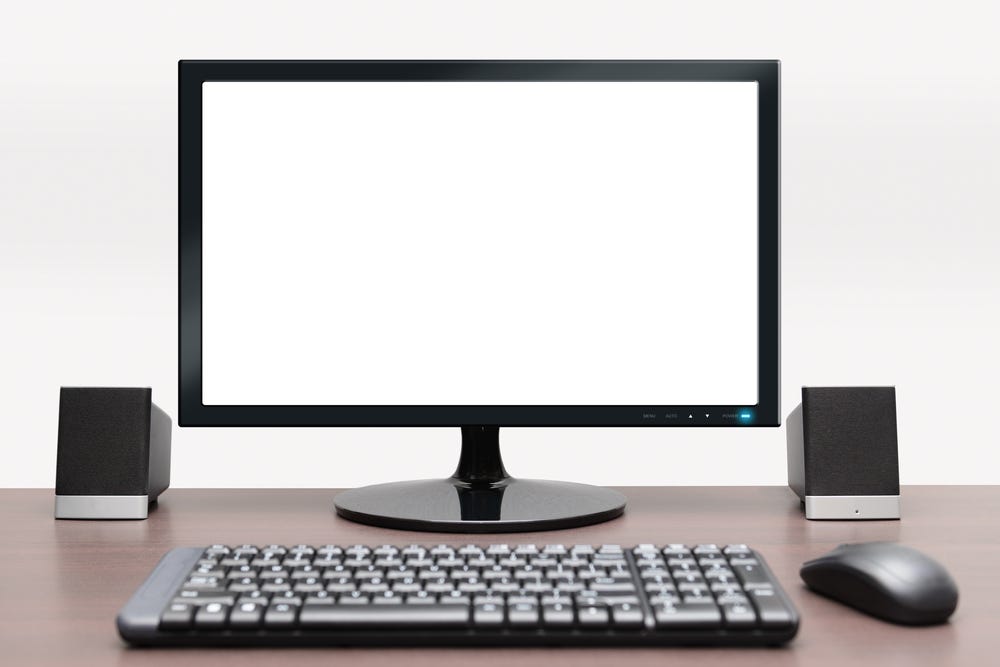In today’s digital era, personal computers (PCs) have become an indispensable part of our lives. From work to entertainment, communication to education, personal computers mttimes.us play a vital role in almost every aspect of our daily routine.
History of Personal Computers
The journey of personal computers dates back to the mid-20th century when pioneers like IBM and Apple introduced the first commercially viable models. These early PCs were bulky and expensive, primarily used by businesses and institutions. However, with advancements in technology and the advent of microprocessors, personal computers evolved into more affordable and compact devices, eventually reaching the homes of ordinary people.
Types of Personal Computers
Desktop Computers
Desktop computers, also known as tower PCs, are the traditional form of personal computing. They consist of a separate monitor, CPU, keyboard, and mouse, offering high performance and customization options.
Laptop Computers
Laptop computers, or notebooks, are portable alternatives to desktops. They integrate all components into a single device, providing convenience and mobility for users who require computing power on the go.
Tablet Computers
Tablet computers, such as iPads and Android tablets, represent the latest trend in personal computing. They offer touchscreen interfaces and compact designs, ideal for casual browsing, multimedia consumption, and light productivity tasks.
Components of a Personal Computer
A personal computer comprises several essential components:
- Central Processing Unit (CPU): The brain of the computer, responsible for executing instructions and performing calculations.
- Random Access Memory (RAM): Temporary storage that allows the CPU to access data quickly.
- Storage Devices: Hard disk drives (HDDs) and solid-state drives (SSDs) store data permanently.
- Input and Output Devices: Keyboards, mice, monitors, printers, and speakers enable interaction with the computer.
Operating Systems for Personal Computers
Windows
Microsoft Windows is the most widely used operating system for personal computers, known for its user-friendly interface and extensive software compatibility.
macOS
macOS, developed by Apple Inc., is the operating system exclusive to Macintosh computers, renowned for its stability, security, and seamless integration with other Apple devices.
Linux
Linux is an open-source operating system favored by tech enthusiasts and developers for its flexibility, customization options, and robust security features.
The Evolution of Personal Computers
Over the years, personal computers have undergone significant transformations, from bulky mainframes to sleek, powerful devices. Advances in hardware and software have led to increased processing speeds, enhanced graphics capabilities, and improved user experiences.
Advantages of Personal Computers
- Versatility: Personal computers can be used for a wide range of tasks, including work, entertainment, education, and communication.
- Productivity: With access to word processing, spreadsheet, and presentation software, PCs boost productivity in both professional and personal settings.
- Connectivity: Personal computers facilitate seamless connectivity to the internet, enabling users to access information, collaborate with others, and stay connected through social media and email.
Disadvantages of Personal Computers
- Cost: High-end personal computers can be expensive, especially for users who require advanced features and performance.
- Maintenance: PCs require regular maintenance, including software updates, virus scans, and hardware repairs, to ensure optimal performance and security.
- Security Risks: Personal computers are vulnerable to malware, viruses, and cyber-attacks, necessitating the implementation of robust security measures.
Impact of Personal Computers on Society
The proliferation of personal computers has revolutionized society in various ways, empowering individuals, businesses, and communities:
- Education: Personal computers have transformed education, providing students and educators with access to online resources, interactive learning tools, and virtual classrooms.
- Commerce: E-commerce platforms and online marketplaces have flourished, enabling businesses to reach global audiences and streamline transactions.
- Communication: Personal computers have revolutionized communication, facilitating instant messaging, video conferencing, and social networking across geographical boundaries.
- Innovation: Personal computers have fueled innovation in diverse fields, including healthcare, entertainment, transportation, and finance, driving progress and improving quality of life.
Future Trends in Personal Computing
The future of personal computing is poised for further innovation and evolution, with emerging technologies shaping the landscape:
- Artificial Intelligence: AI-powered personal assistants and virtual agents will enhance productivity and user experiences.
- Augmented Reality (AR) and Virtual Reality (VR): AR and VR technologies will revolutionize gaming, entertainment, training, and immersive experiences.
- Edge Computing: Edge computing will enable faster processing and reduced latency, unlocking new possibilities for IoT devices and real-time applications.
How to Choose the Right Personal Computer
When selecting a personal computer, consider the following factors:
- Purpose: Determine your intended use, whether it’s for work, gaming, multimedia, or casual browsing.
- Budget: Set a budget based on your requirements and prioritize features that align with your needs and preferences.
- Specifications: Look for a balance of processing power, memory, storage, and graphics capabilities to ensure smooth performance.
- Brand and Support: Choose reputable brands with reliable customer support and warranty services to address any issues or concerns.

